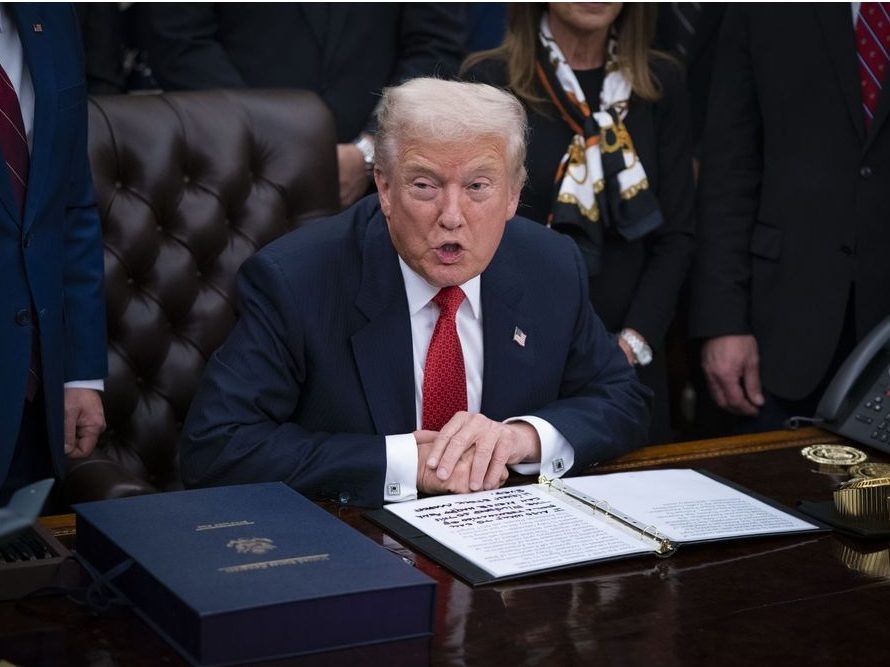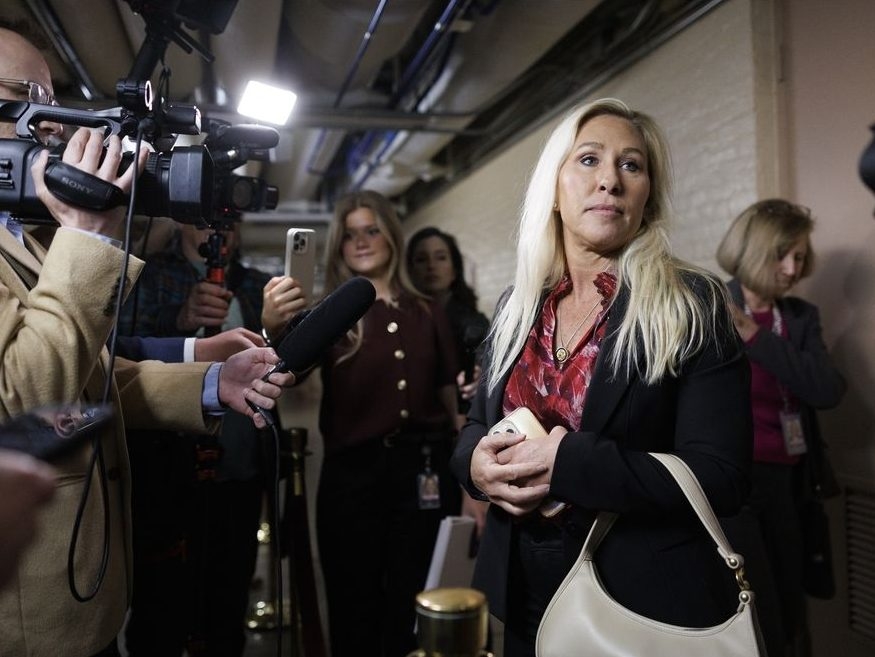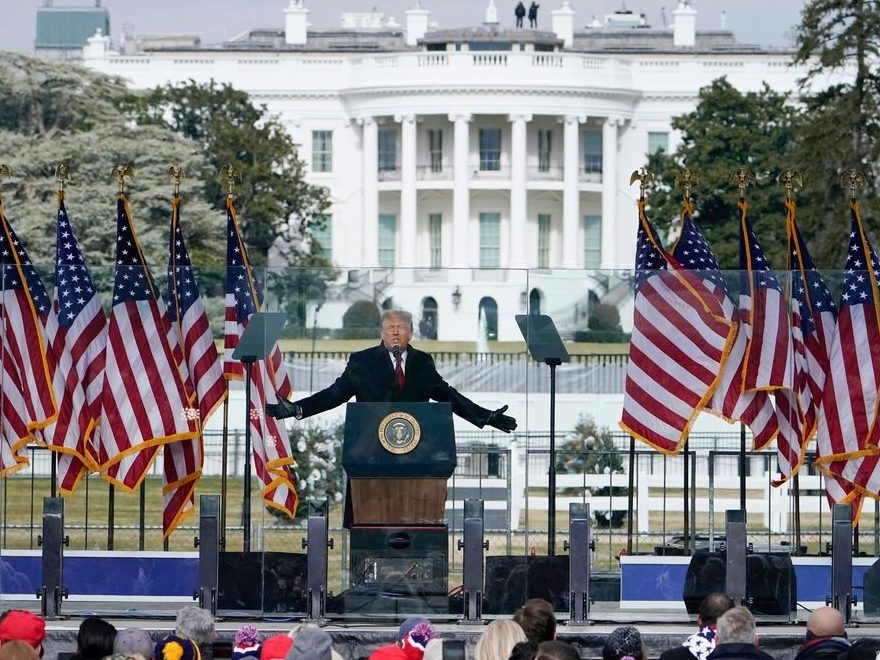A tremor ran through the heart of the MAGA movement this week, a surprising challenge to the authority of Donald Trump himself. The source? A series of disagreements, exposing a passionate base willing to question its leader, even as they largely remain loyal.
The initial spark ignited over Trump’s assertion that the United States *needs* foreign workers, claiming a deficit of “talented people.” This statement, a direct contradiction to his “America First” mantra, sent shockwaves through the ranks, raising doubts about the core principles he once championed.
Simultaneously, a long-fought battle for the release of government files related to Jeffrey Epstein reached a critical juncture, advancing *despite* resistance from the White House. While Republicans largely dismissed the newly revealed emails – including those mentioning Trump – the issue itself proved a persistent thorn in the administration’s side.

Adding to the unrest, Representative Marjorie Taylor Greene, a staunch Trump ally, publicly clashed with the former president. Her criticisms centered on what she perceived as an excessive focus on foreign affairs and a controversial aid package to Argentina, further highlighting a growing divide.
The dissent isn’t a wholesale rejection of Trump, but a forceful assertion of “America First” ideals. Strategists warn that ignoring these concerns could jeopardize the 2026 midterm elections, potentially suppressing turnout among the very voters Trump galvanized in the past.
“If you show them you’re not standing up for them on these issues, there’s a real risk,” explained Republican strategist Steve Cortes, voicing a common fear. “We’re disappointed, and we want to lead him to a better place.”

Trump, characteristically defiant, dismissed the criticism, asserting his unique understanding of the MAGA movement. “MAGA was my idea,” he declared, positioning himself as the ultimate interpreter of his supporters’ desires.
He quickly labeled the Epstein controversy a “hoax” orchestrated by Democrats and dismissed those fixated on it as naive. The White House echoed this sentiment, emphasizing Trump’s commitment to securing the border and prioritizing American workers through tariffs and restrictions on foreign worker programs.
However, the populist wing of the party is no longer content to simply follow. They are actively seeking to *guide* Trump’s policies, flexing their influence and demanding adherence to the principles that fueled his rise.
A pivotal moment came during an interview with Laura Ingraham, where she directly challenged Trump on his stance regarding H-1B visas. The exchange – a pointed question about bringing in foreign talent versus utilizing American skills – laid bare the core disagreement.
The backlash was swift and unusually intense. Conservative voices, long supportive of Trump, expressed their frustration, questioning whether his rhetoric aligned with the “America First” promise. The sentiment resonated deeply within the MAGA base, amplified by influential figures online.
Influencers like Tim Pool and Laura Loomer voiced their discontent, articulating the fear that Trump’s policies could disadvantage American workers. Even those fiercely loyal to Trump acknowledged the disappointment felt by many within the movement.
The movement, some observers now claim, has outgrown its founder. While Trump remains a powerful figure, the energy and passion he once commanded are now channeled through a broader coalition, demanding accountability and a return to core principles.
Some Republicans deflected blame, focusing on members of Trump’s Cabinet who echoed his views on foreign workers. This tactic, familiar from past controversies, highlights a reluctance to directly confront the former president.
The aid package to Argentina also drew criticism, seen by some as a betrayal of the “America First” message. While the White House defended the move as a strategic investment, it fueled concerns about prioritizing foreign interests over domestic needs.
The Epstein issue, a lingering shadow, resurfaced with the release of old emails, prompting renewed scrutiny of Trump’s past associations. While Republicans largely defended Trump, the controversy served as a reminder of the complexities surrounding his legacy.
Representative Thomas Massie, a Republican from Kentucky, argued that Trump has “distanced himself” from the MAGA base, prompting a push for the full release of the Epstein files. This effort, led by Massie and Greene, underscores the growing willingness to challenge Trump’s authority.
Greene herself publicly reaffirmed her commitment to “America First” principles, directly contrasting her views with Trump’s on key issues. Trump responded by accusing her of “catering to the other side,” a dismissive remark that further widened the rift.
The coming weeks will reveal whether these fissures represent a temporary turbulence or a fundamental shift within the MAGA movement. One thing is certain: the base is speaking, and its voice is demanding to be heard.





